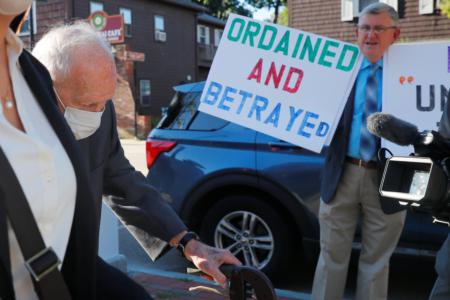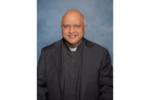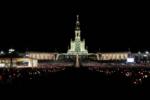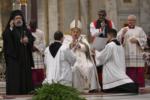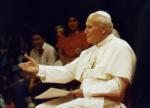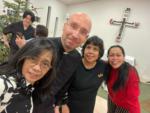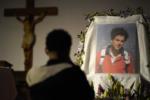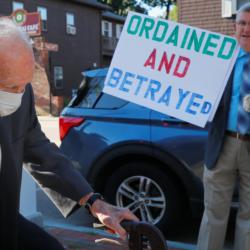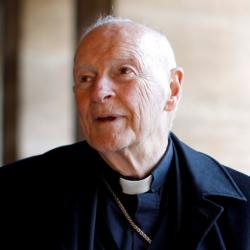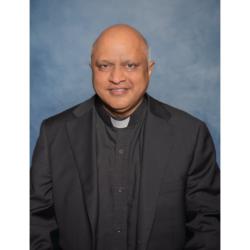Growing into the mystery of faith -- Part II
‘‘Let us proclaim..." We hear the words at every Eucharist. On one level, we are certain of their meaning. But in our continuing quest for spiritual inscape, we must center our attention on them, in order to try to discover meanings for our lives. And indeed, there are many truths which may help us in our spiritual quest.
The most obvious truth emphasized by these words is that we belong to a community -- the Church. In contrast to our culture which tends to elevate self-sufficiency and self-containment, Biblical spirituality emphasizes a heightened sense of community. And as Pope Paul VI pointed out, the law of spiritual interdependence remains a constant with God’s people: “By the hidden and loving mystery of God’s design men are joined together in the bonds of supernatural solidarity, so much so that the sins of one harms the others, just as the holiness of one benefits the others.” My growth in holiness helps to build up the people of God--the Church. And sometimes we must look at ourselves and try to truthfully answer the poet T. S. Elliot’s question:
Has the Church failed us?
Have we failed the Church?
I am not sure that we all appreciate our vocation not only in the Church but to the Church.
Moreover, as the present Holy Father noted, the activist-sociological approach to “building a community” among the people of God overlooks a salient fact. The community of the Church is a constant given, since it is the vital body of Jesus Christ. Our task is to grow in intimacy with Christ and consequently with one another. Again, T. S. Eliot helps us to see the implication of this for our own lives:
You, have you built well, have you forgotten the cornerstone?
Talking of right relations of men, but not of relations men to God.
-- that is the model and type of your citizenship upon earth.
And again, in single verse, he reminds us:
Alone with God, you first learn of the brotherhood with men.
On the other hand, we should develop a conceptual framework for understanding the nature of the Christian community. While we recognize that its dimensions are multiple and cannot be squeezed into any definitive category, I also believe that for ourselves we might try to develop our ideas of Christian community in terms of friendship. Christ has called us friends at the Last Supper and in Him we share a type of friendship with one another. In our search of “inscape” we must try to heighten our consciousness of what this might mean.
Friends, as we know, accept one another as they are. They are aware of each others’ weaknesses. But they love the other even in and through his or her weaknesses. This is especially true of Christ’s friendship with each one of us. And we must ask ourselves: If Christ accepts me in my own weaknesses (and He does) why cannot I accept others in theirs? And we realize that such acceptance demands that we forego the sometimes almost instinctive harsh judgments we so often are prone to make about others.
As I read the Gospels, I note a dimension of Christ’s appeal to ourselves which is often overlooked. Christ tries to focus one’s potentials. Whether it was the woman caught in adultery or the Samaritan woman, Jesus saw what yet man or woman may yet become. Learning from the master, we must become a people of understanding and affirmation--realizing that in every individual we encounter there are untapped potentials.
The psalmist often uses the phrase “the rock” to indicate the support and stability which the Lord offers. The idea of support is integral to friendship on any level. And at the very least, this should include the spiritual support (and material when possible) of our hurting brothers and sisters.
Tied in with this idea of support is another characteristic of friendship, namely sharing.
Hospitality is another quality of friendship. And in our quest for individual friendship with the Lord, we must never forget that we love Him and accept Him in His totality, i.e. all who belong to Christ. Such re-emphasizes what was said above: we must cultivate a spiritual and material hospitality.
Msgr. McDonnell is a senior priest of the archdiocese and is in residence at St. Mary, Dedham.
